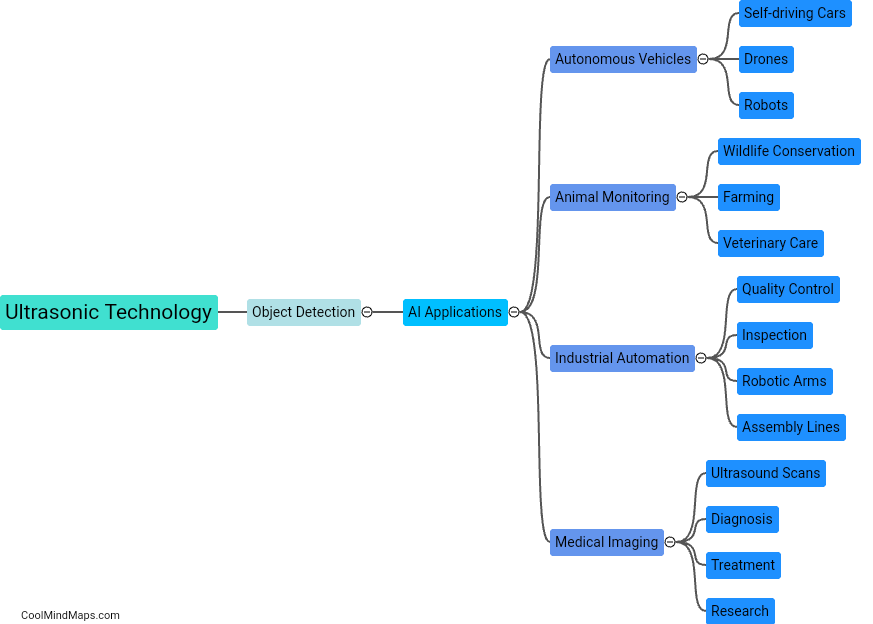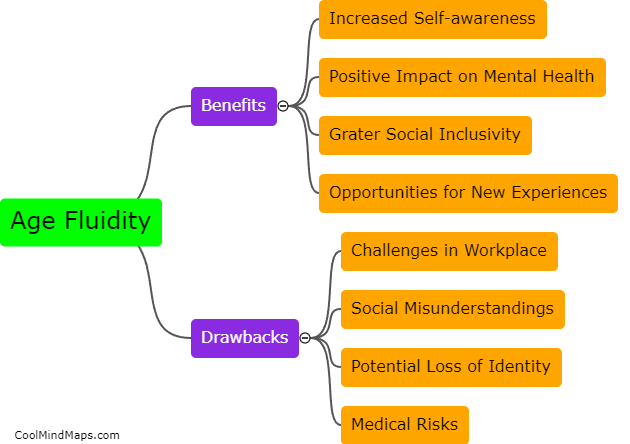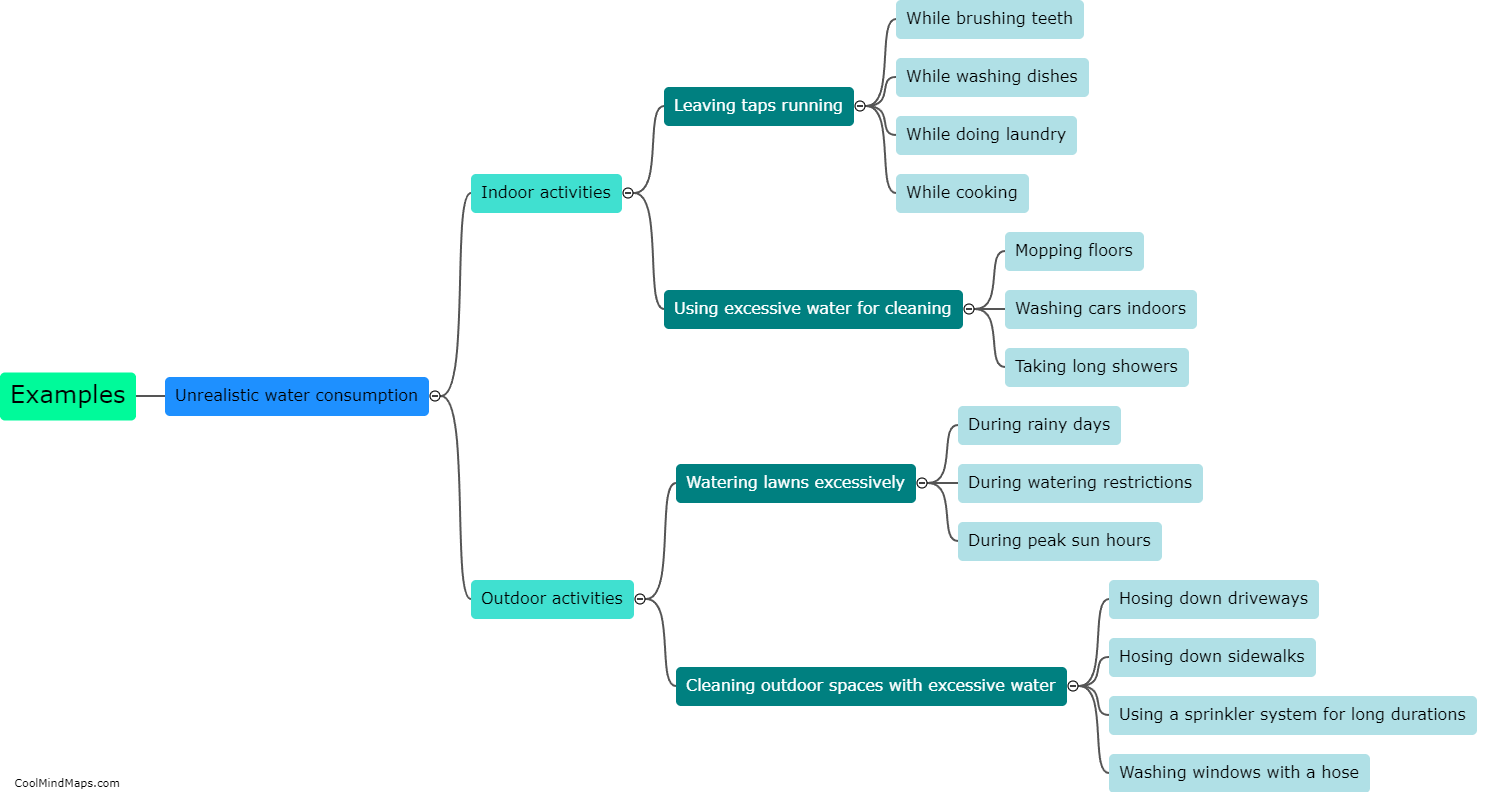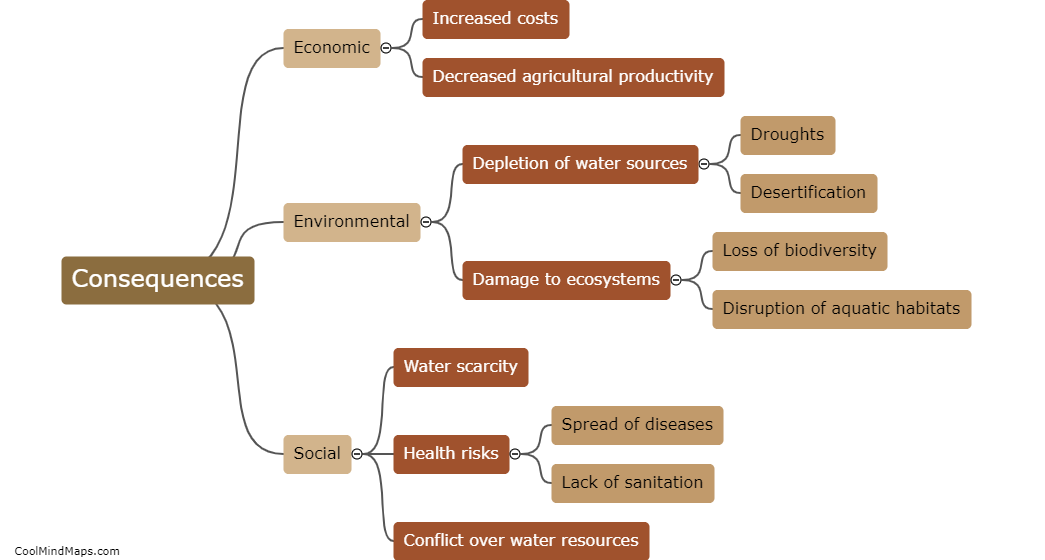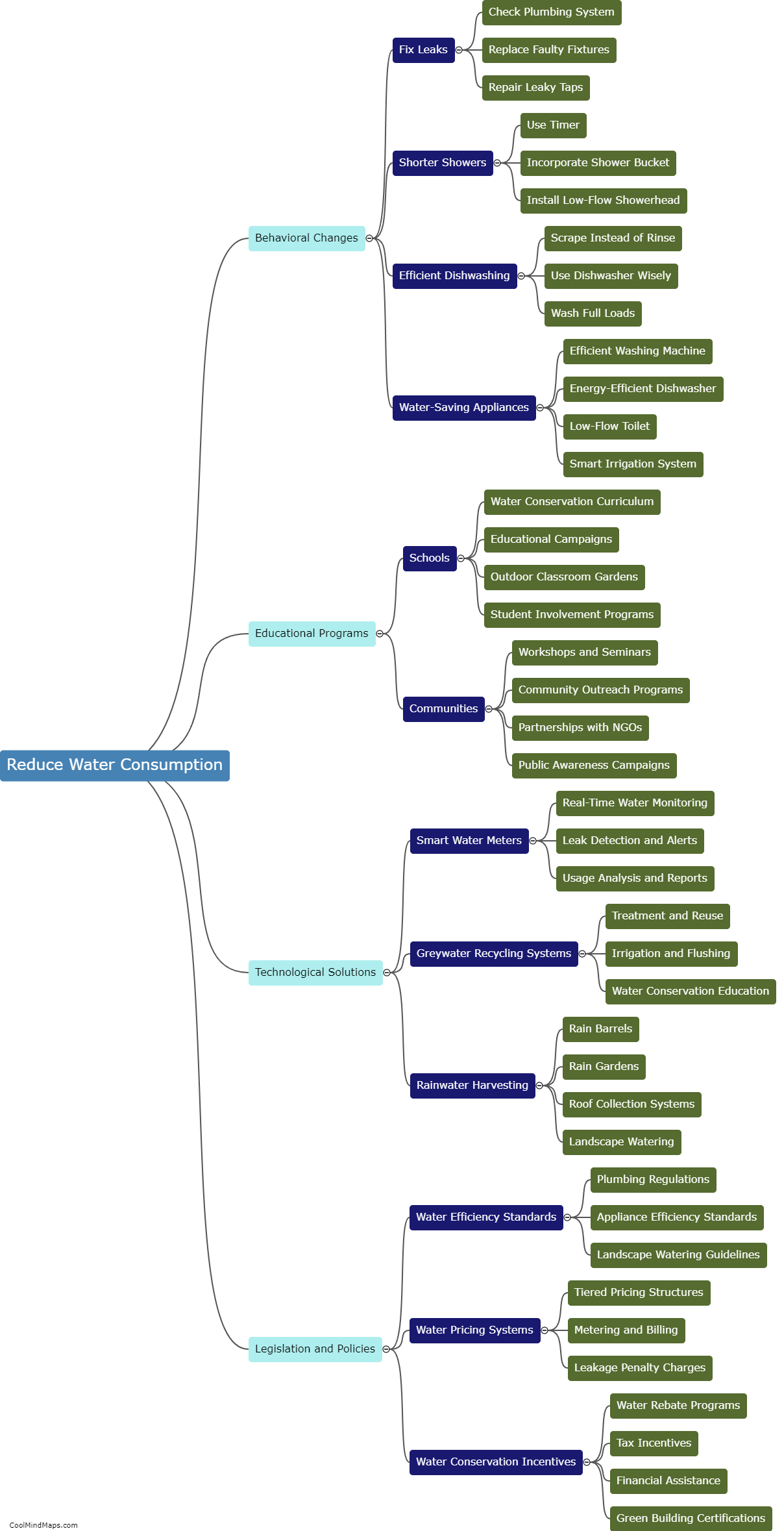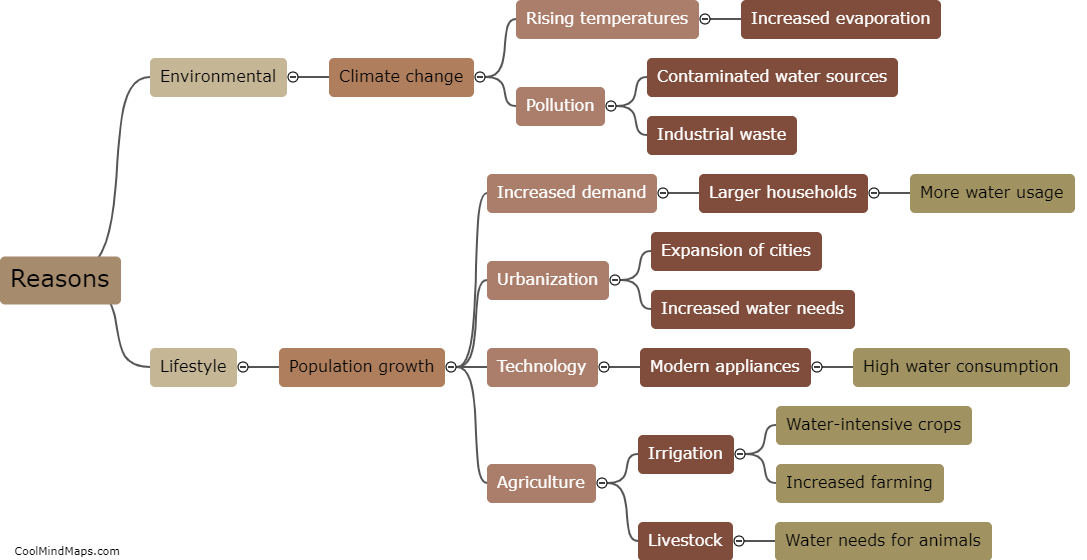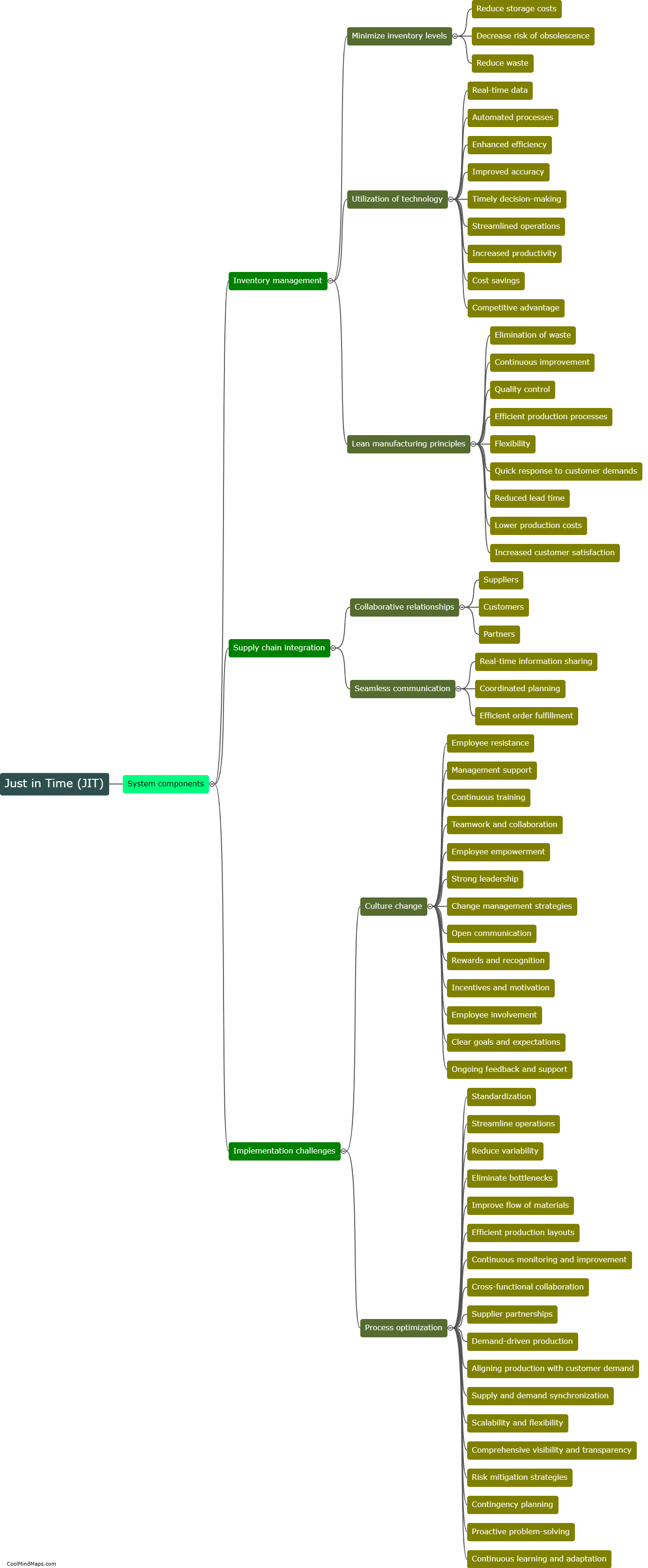What factors contribute to unrealistic water consumption?
Several factors contribute to unrealistic water consumption, leading to excessive usage and potential waste. Firstly, a lack of awareness about water scarcity and the importance of conservation plays a crucial role. Many individuals are not conscious of the finite nature of water resources and do not realize the environmental and economic consequences of excessive consumption. Additionally, the availability of abundant water sources, especially in regions with ample rainfall or access to underground aquifers, can create a sense of complacency, leading people to overlook the need for conservation. Inefficient appliances and fixtures, such as old toilets or leaky faucets, further contribute to unrealistic water consumption by wasting significant amounts of water. Lastly, societal norms and cultural practices, such as maintaining large lawns or frequent car washes, can also drive excessive water use. Addressing these factors through education, efficient infrastructure, and sustainable practices is crucial to promoting realistic and responsible water consumption.
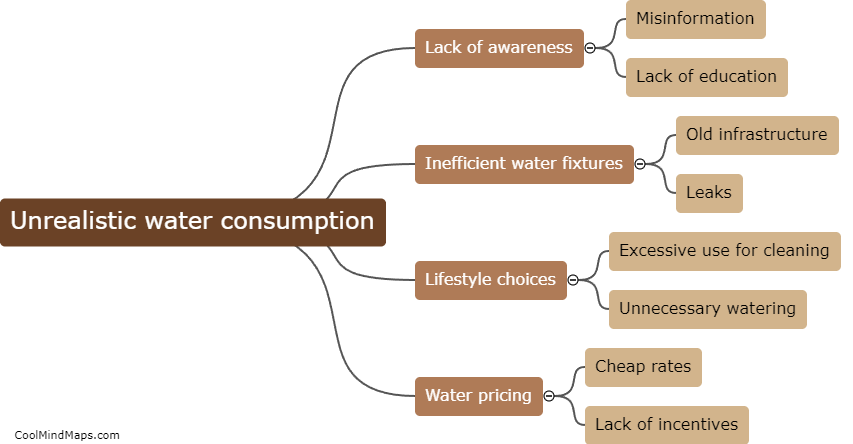
This mind map was published on 5 December 2023 and has been viewed 83 times.
